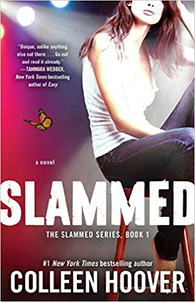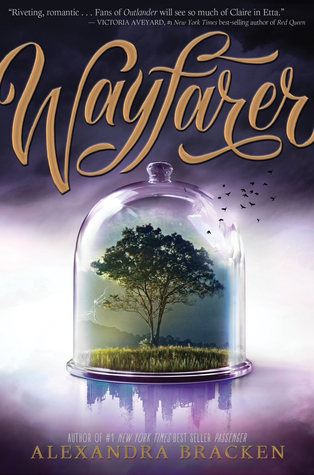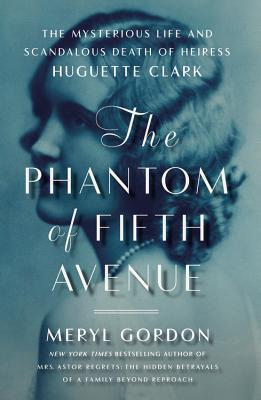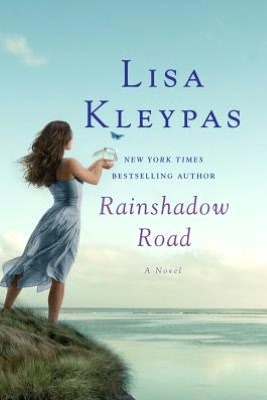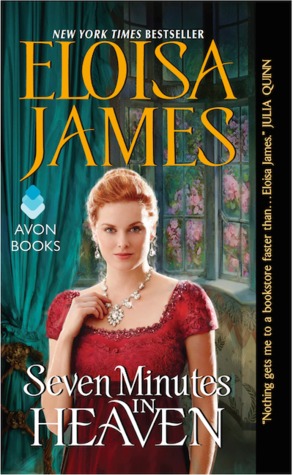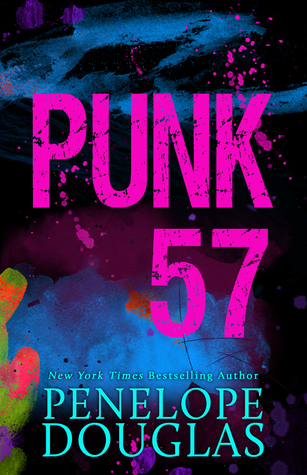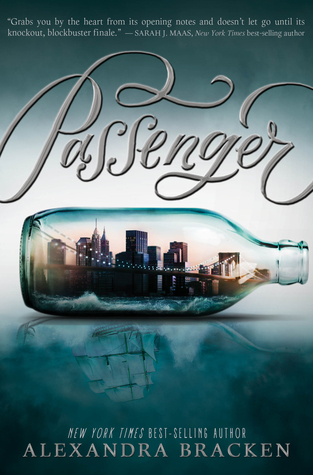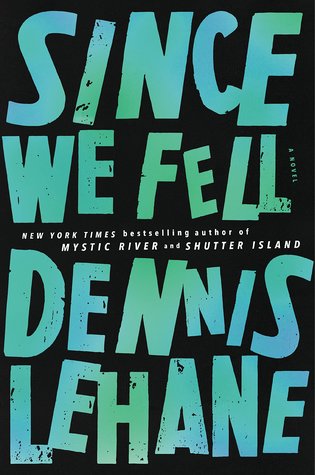 Since We Fell was my May 2017 Book of the Month pick. Its premise was just too good to ignore--that of a once-well-known reporter, at least in her market, who had a breakdown on the air and became a virtual shut-in, until she runs into someone on a rainy day that sucks her into a conspiracy filled with action and angsty and possibly a little madness, too. I haven't read either of Lehane's other books, but I'm familiar with the premise of Shutter Island (though I also haven't seen the movie) and thought there was going to be some big twist in here that would make the entire book so riveting.
Since We Fell was my May 2017 Book of the Month pick. Its premise was just too good to ignore--that of a once-well-known reporter, at least in her market, who had a breakdown on the air and became a virtual shut-in, until she runs into someone on a rainy day that sucks her into a conspiracy filled with action and angsty and possibly a little madness, too. I haven't read either of Lehane's other books, but I'm familiar with the premise of Shutter Island (though I also haven't seen the movie) and thought there was going to be some big twist in here that would make the entire book so riveting.Unfortunately, there wasn't a big twist, and overall the book disappointed. I really, really enjoyed the first half of it. That half follows Rachel through her life, from a girl who doesn't know who her father is to one who finds a stand-in father, to a successful reporter in the Boston market who covers the horrors following the big earthquake in Haiti, and who subsequently breaks down and loses pretty much everything, but then begins to rebuild herself through a relationship with Brian, a man who keeps crossing paths with her throughout the first half. The second half is the "conspiracy" half, and honestly, it just fell flat. Probably because it's not a conspiracy at all, it's a con, and that wasn't nearly as interesting.
Lehane can write very well, and I thought he did a female protagonist really well, too. For some reason it seems like men struggle with writing grown women as characters (flashback to when I read Palace of Treason and the author was constantly talking about the female protagonist's breasts for no relevant reason) but Lehane didn't have any issues along these lines at all. Rachel comes across as a fully fleshed-out person, and one who isn't dependent on a man either (another common pitfall). Yes, she relies on Brian and he helps to bring her out of her shut-in status, but when it comes down to it, she's willing to ditch him if she has to in order to survive. She recognizes it'll hurt, that she'll backslide, and have all sorts of other consequences...but she's willing to do it if that's what needs to be done, and that steel backbone really made me like Rachel. And Brian, despite what he claims, didn't do it; if Rachel really wanted to be a shut-in, I have every faith that she would have remained one. Ultimately she changed because she wanted to and felt she needed to. Brian helped her, but he didn't do it for her, despite how he lays it out.
But despite Lehane's writing and a great central character, I found the ultimate premise of this book to be too hokey. In the space of a few chapters Rachel suddenly finds herself implicated in two murders even though she's not really responsible for anything, and instead of having a reasonable reaction and going to the police and telling them what's going on, she decides that "Well, this is it, my life is over, better just really go rogue now." This seemed like such a jump and such a disconnect from her formerly-logical state into some realm of crazy. And despite the book's description, Rachel isn't crazy. Events in her life in the first half the book lead to her being agoraphobic and having panic attacks, but she's not actually mentally unstable. She doesn't hear voices or see things or have crazy impulses, so her being "mentally unstable" doesn't work as a justification for her completely wacky responses in the second half of the book; nor does being in shock, because honestly, being in shock only gets you so far. Again, it's not like she ended up in some sort of dissociative fugue.
The first half of this book was so strong, and I really enjoyed watching Rachel grow and change, even when it wasn't always good for her, and I liked seeing how Brian's path kept crossing hers and weaving more closely into her life. Once this whole conspiracy/con thing hit though, that went down the drain. The suspension of disbelief it asked for was just too great for me to finish the book with any sense of really enjoying it.
2 stars out of 5.
